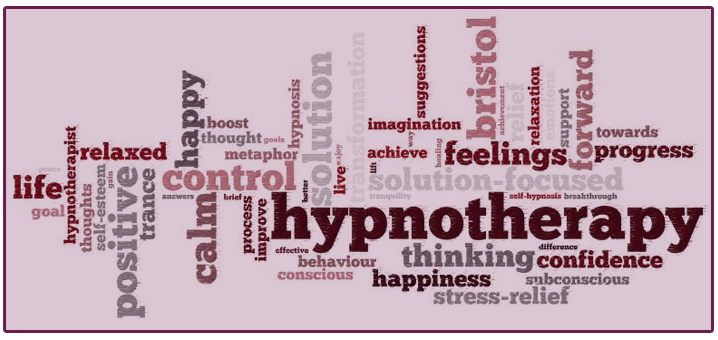
Hypnotherapy
What is Hypnosis and Hypnotherapy?
Greek word hypnos- meaning sleep. But hypnosis is not a state of sleep. Rather, it is the same state of altered conscious awareness we enter daily when our brainwave activity slows down to a frequency called “alpha”, which we pass through on the way to and from sleep. So hypnosis is such a totally natural state for the human mind to be in that "absolutely everybody” has been hypnotized literally thousands of times in their life without knowing it. For the most part the exceptions are very young children (under about 4yrs of age), alcoholics or people under the influence of alcohol, “hard drug” addicts, some extreme forms of mental health problems and those who have such severe learning difficulties or brain damage as to be unable to understand or follow instructions..e.g people with advanced Alzheimer’s disease or other degenerative conditions that interfere substantively with cognitive ability and brain functionality. “It is easier and faster to learn how to hypnotize another person than it is to learn how to actually get into hypnosis by yourself” Hypnosis slows down the bodily functions, reducing blood pressure and heart rate and can reduce bleeding and hemorrhaging. Relaxation, visualization and pain control techniques are absolutely safe, indeed, desirable!
''Love is a state of temporary psychosis.''
Sigmund Freud

Hypnotherapy therapist can safely and efficiently help people with typical life problems... Stress relief, relaxation, confidence and self-esteem, performance enhancement, exam nerves,making presentations or achieve a particular goal... Such as quitting smoking, or keeping a diet, exercise and also helps for fears and phobias, obsessive/compulsive problems, physical pain etc.
Charles Tebbetts, believed that “the mind could make you sick or keep you well”. Self-Hypnosis can become the tool to remove despondency and negative attitudes and bring about a hopeful positive expectancy- the expectancy of health, strength and well-being, which then tends to be realized.
This is also called the law of expectancy.
Charles Tebbetts is a good example- he used self-hypnosis to recover from his stroke, his recovery was permanent until the day of his death.
Roy Hunter also supports this belief and says “Every thought or idea causes a physical reaction!”
Suggested Books:
- The Art of Hypnosis - C.Roy Hunter MS,CHt- Mastering Basic Techniques
- The Art of Hypnotherapy - C.Roy Hunter MS,CHt-Mastering Client Techniques